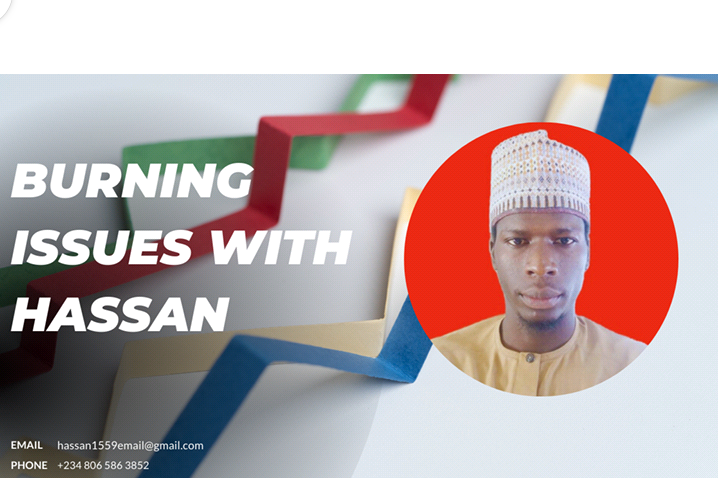In recent times, Nigeria has been plagued by rising insecurity, particularly in the North-East region of the country, yet political leaders appear more concerned with political endorsements and preparations for the 2027 general elections than with the lives of their citizens.
While ordinary Nigerians face daily threats from terrorism, banditry, and communal violence, politicians are preoccupied with power plays and self-interest.
It is deeply unfortunate and disheartening that while Boko Haram and other terrorist groups continue to launch deadly attacks, especially targeting military bases in the North East, politicians are engaging in activities that show a lack of empathy and urgency.
These terrorist groups, most notably Boko Haram, have been attacking military installations and innocent civilians in Borno, Yobe, and other parts of the North East.
The people living in these regions are being slaughtered, displaced, and forced to live in fear, yet the response from those in leadership positions remains disturbingly passive.
One recent incident highlights the stark contrast between political action and genuine leadership.
While some governors were in Abuja to endorse President Bola Ahmed Tinubu for a second term in office in the 2027 elections still nearly two years away Governor Babagana Umara Zulum of Borno State chose to relocate temporarily to Marte Local Government Area.
His visit was aimed at boosting the morale of the military stationed there and supporting efforts to restore peace and stability.
Governor Zulum’s action is commendable and stands in sharp contrast to the indifference displayed by many of his counterparts.
Nigerians are increasingly frustrated by the seeming neglect from their leaders. The ordinary citizens, especially in the conflict prone North East, are dying from violent attacks, yet their plight is being overshadowed by political calculations.
It is painful to see politicians prioritize political survival over national security. Their main focus appears to be on how to secure their positions ahead of the 2027 general elections, rather than how to secure the lives of the people they swore to protect.
Borno and Yobe States have tragically become symbolic of the failure to address insecurity. The loss of life and trauma in these regions cannot be overstated.
Communities have been turned into graveyards, and survivors are left to pick up the pieces with little to no support.
The silence and inaction from many of our leaders in the face of these tragedies speak volumes about their priorities.
It is baffling that governors can come together to endorse a presidential candidate but cannot unite with the same energy and urgency to find a lasting solution to the nation’s security crisis.
Why is it easier for them to hold meetings about elections than to convene emergency summits to combat terrorism, improve military capabilities, and provide relief to affected citizens?
The early political campaigns, coming nearly two years before the next general election, are a clear sign of misplaced priorities. This kind of senseless leadership is one of the major factors dragging the nation backward. While the country bleeds, those in power are focused on securing their political futures.
What Nigeria needs now is not more political endorsements or premature electioneering. We need a leadership that listens, cares, and acts with urgency to address the real issues of security, economic hardship, unemployment, and social injustice. Until our leaders begin to place the people above politics, Nigeria will continue to suffer.



